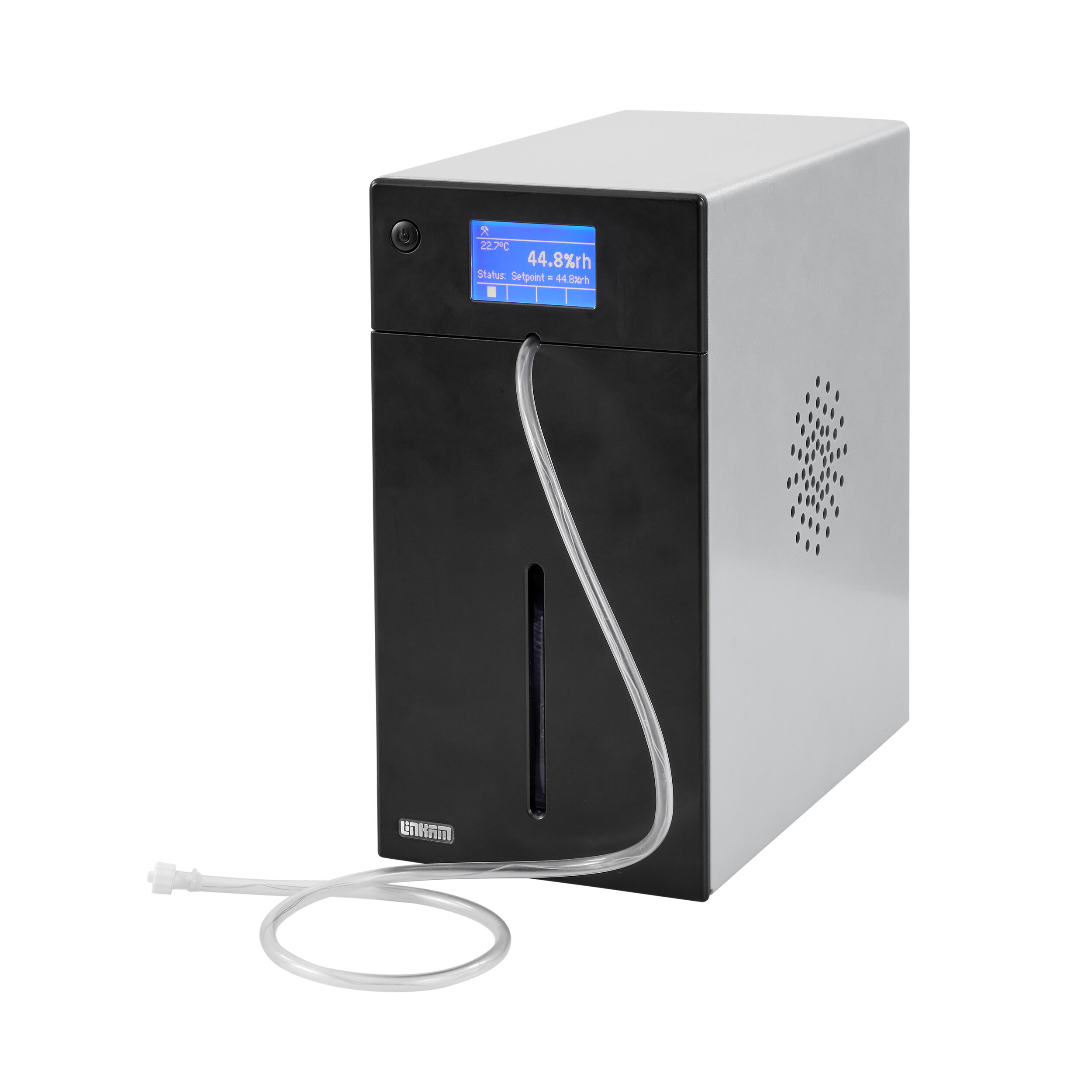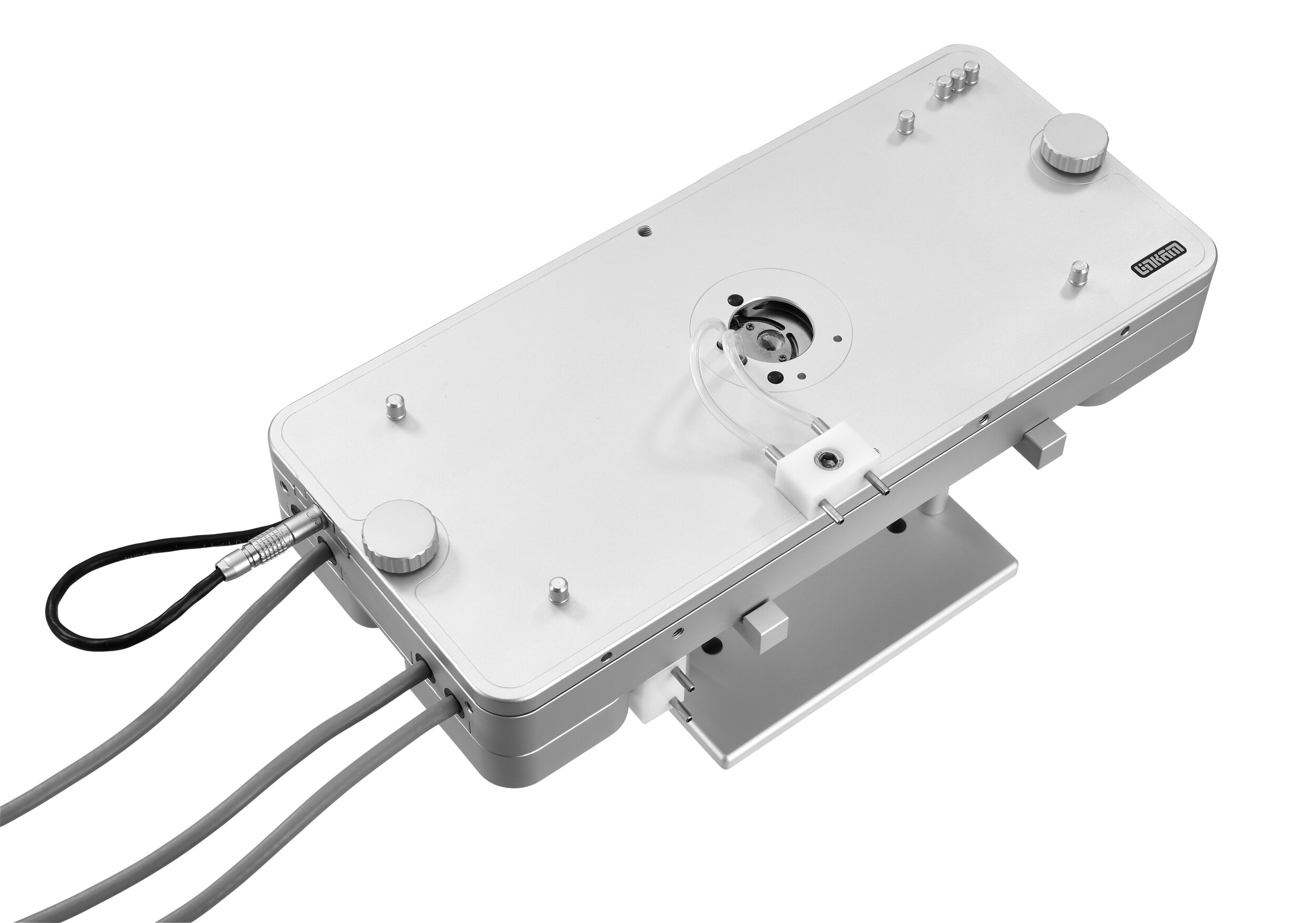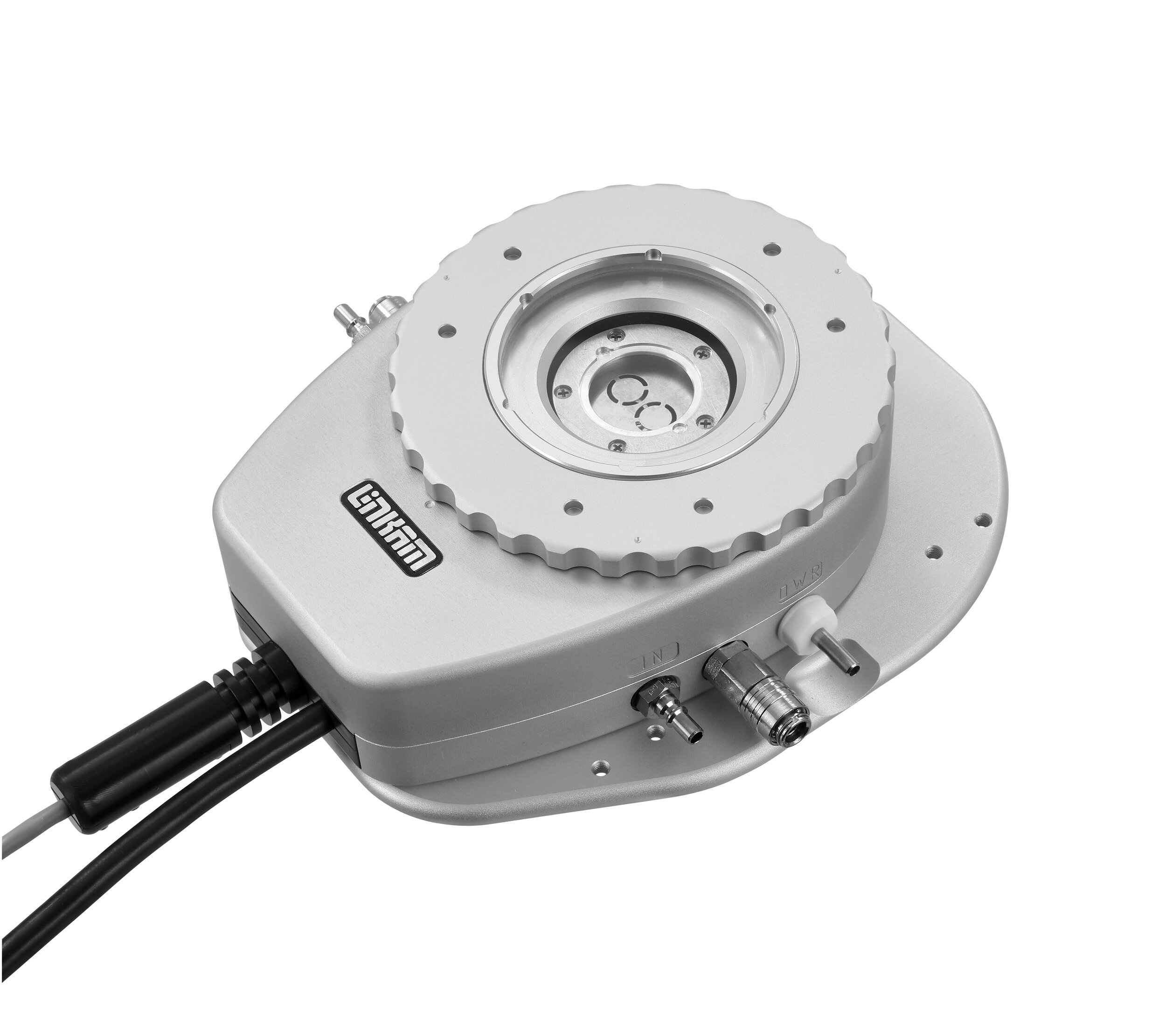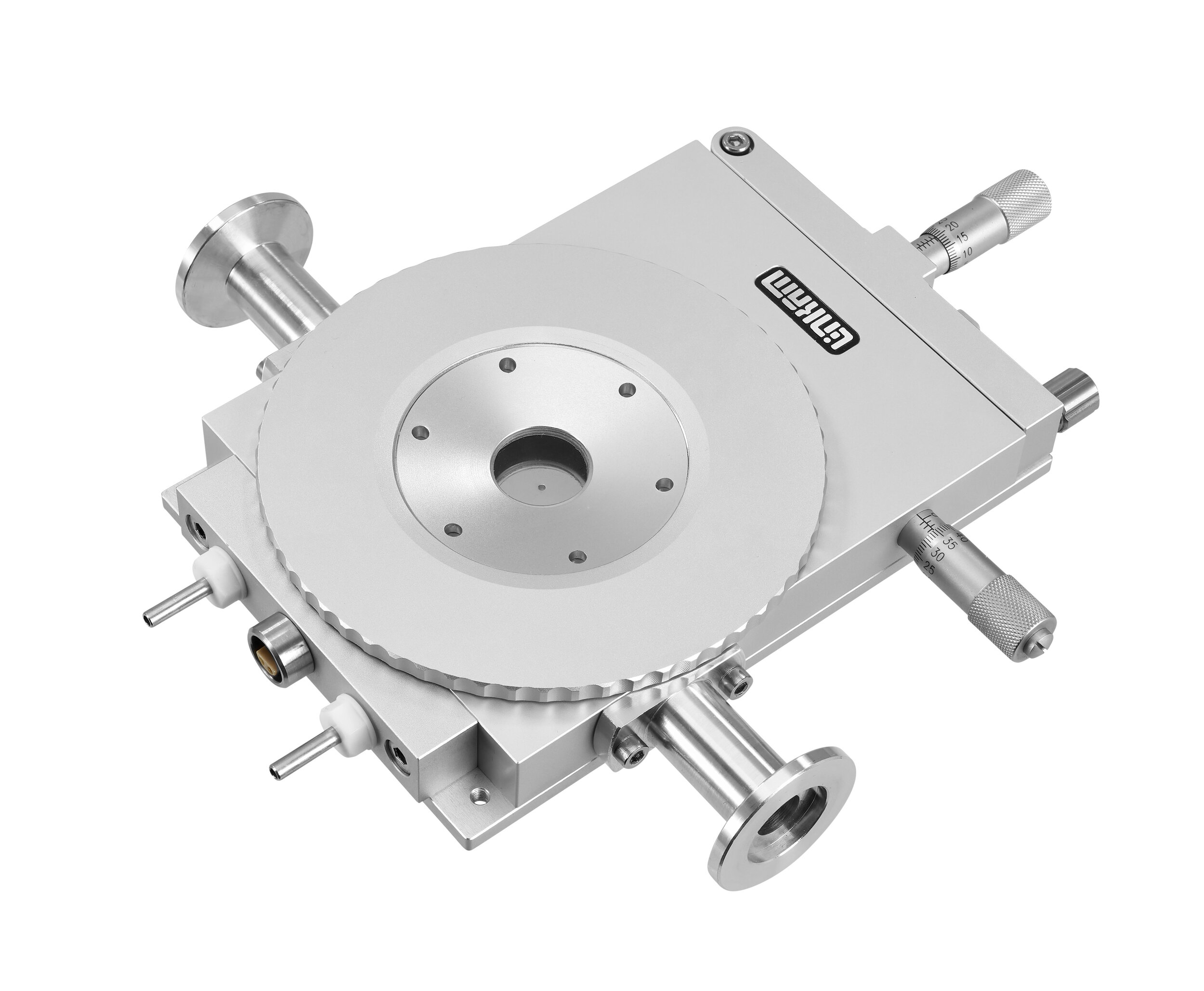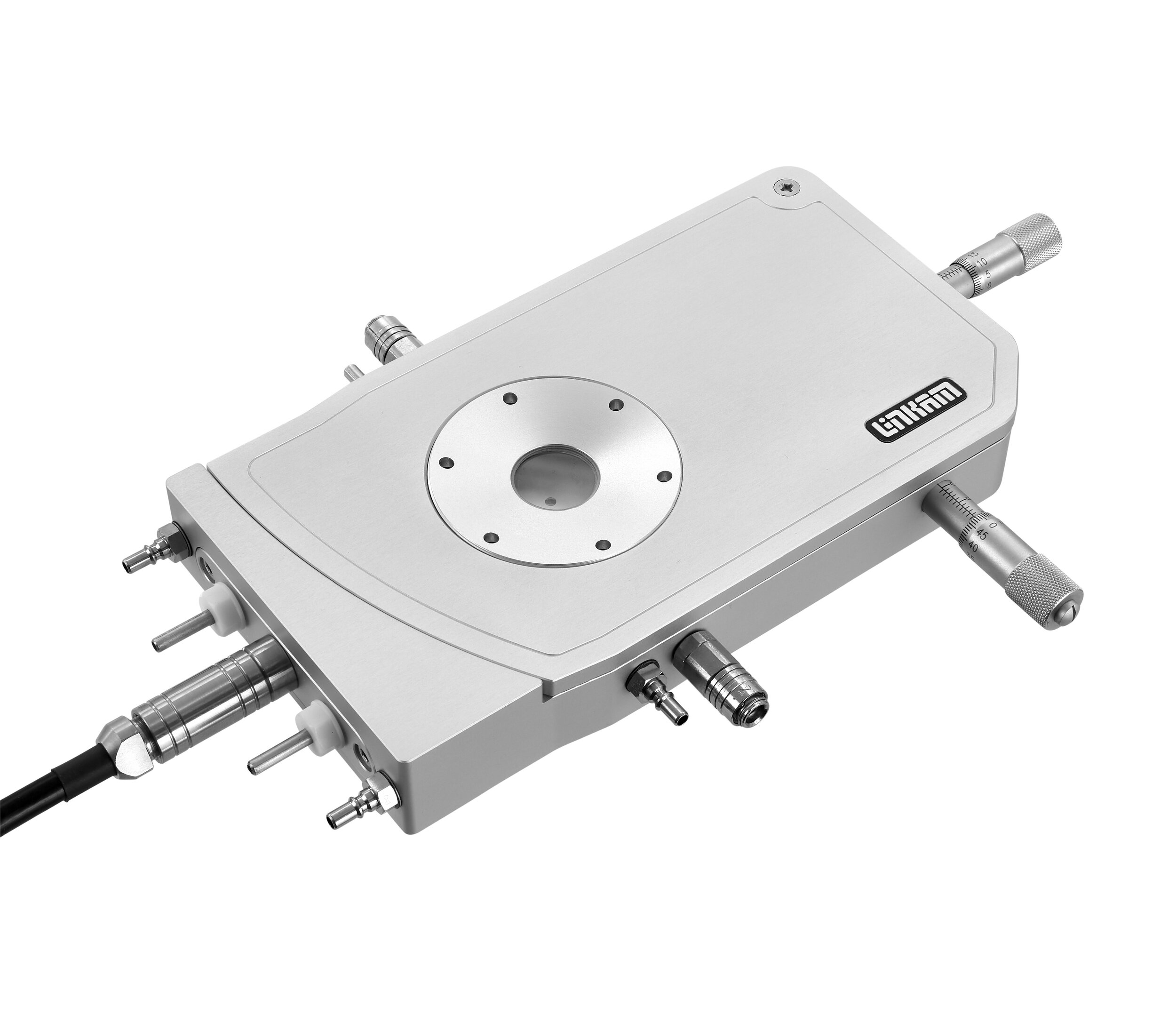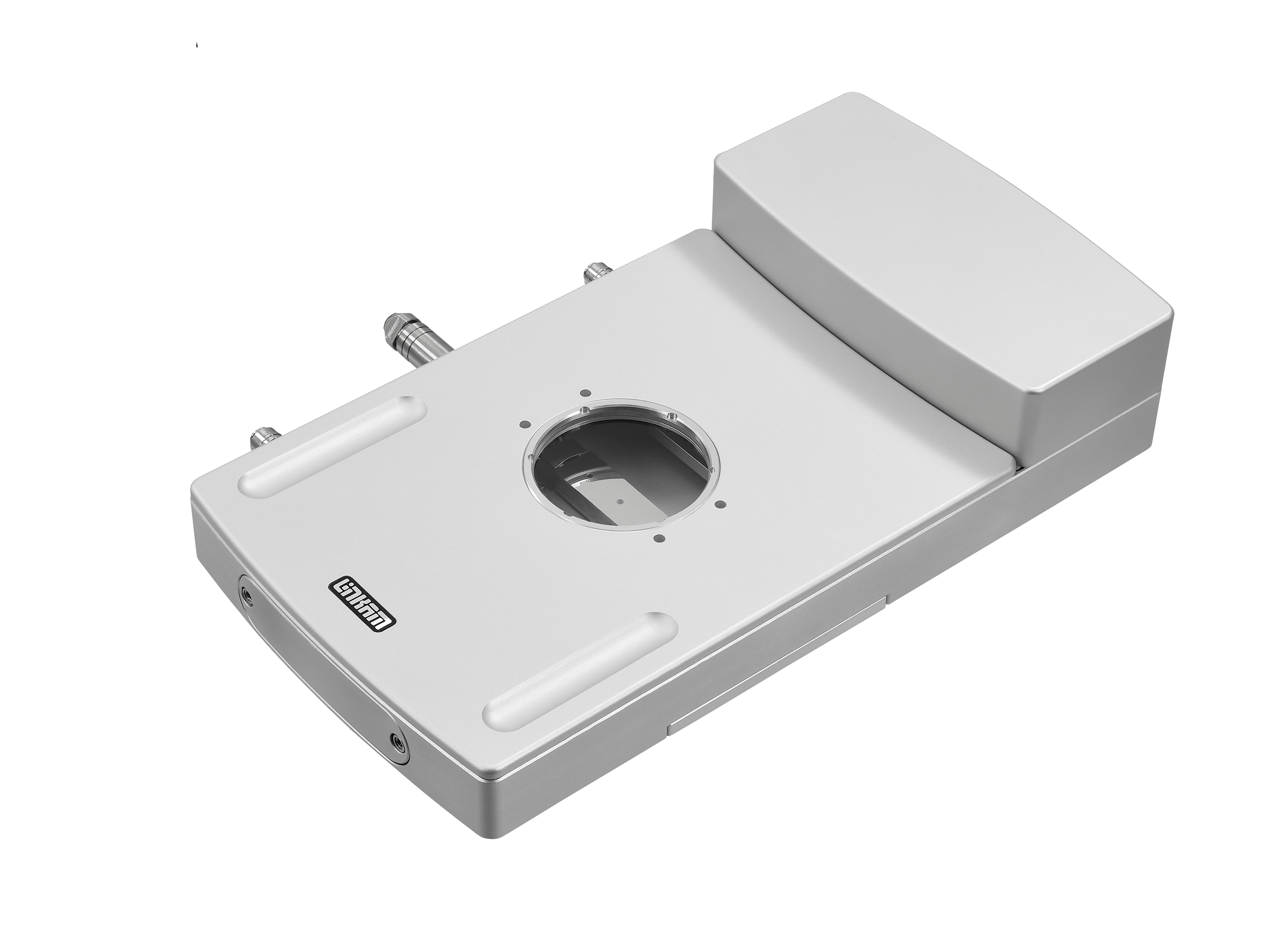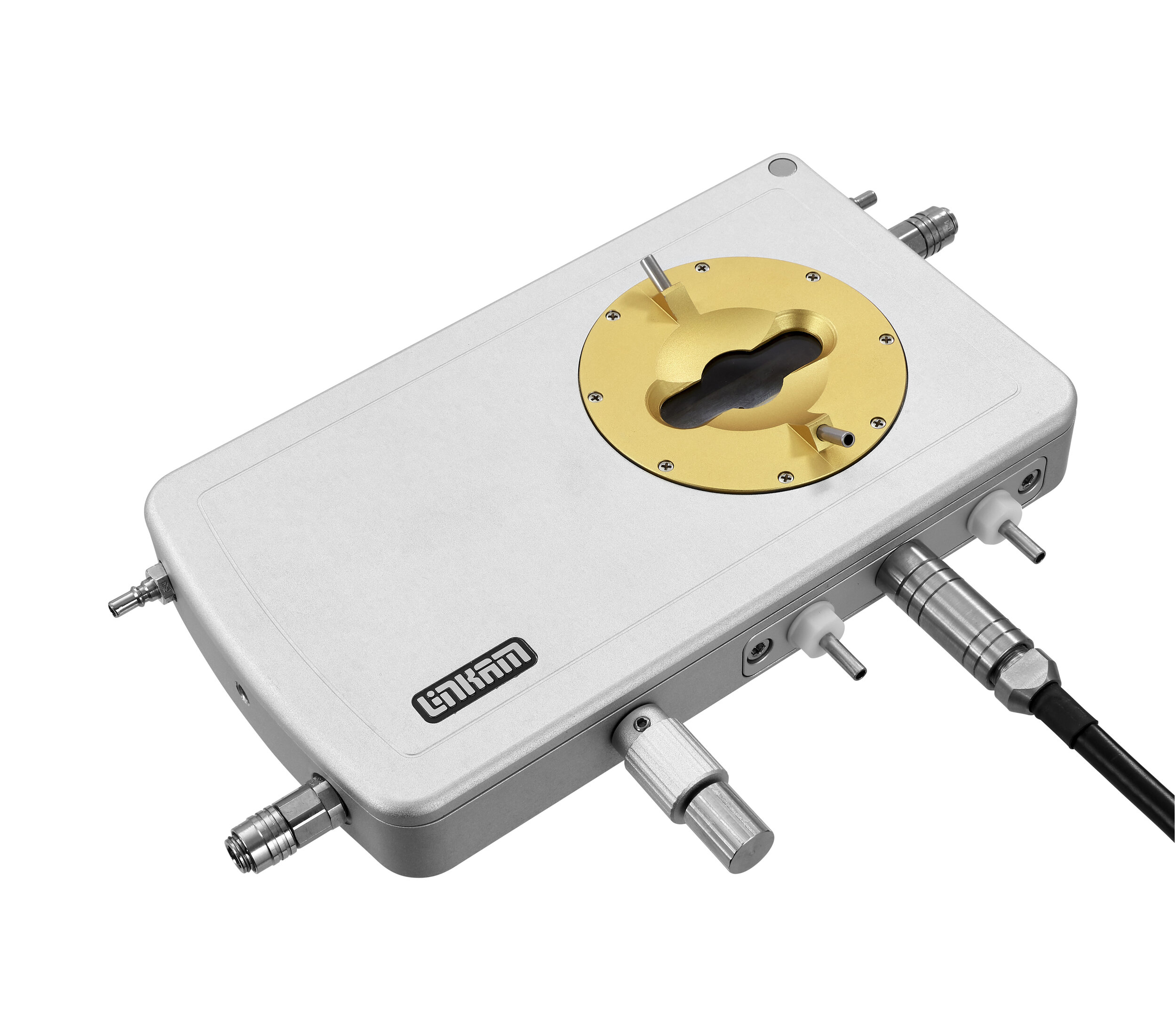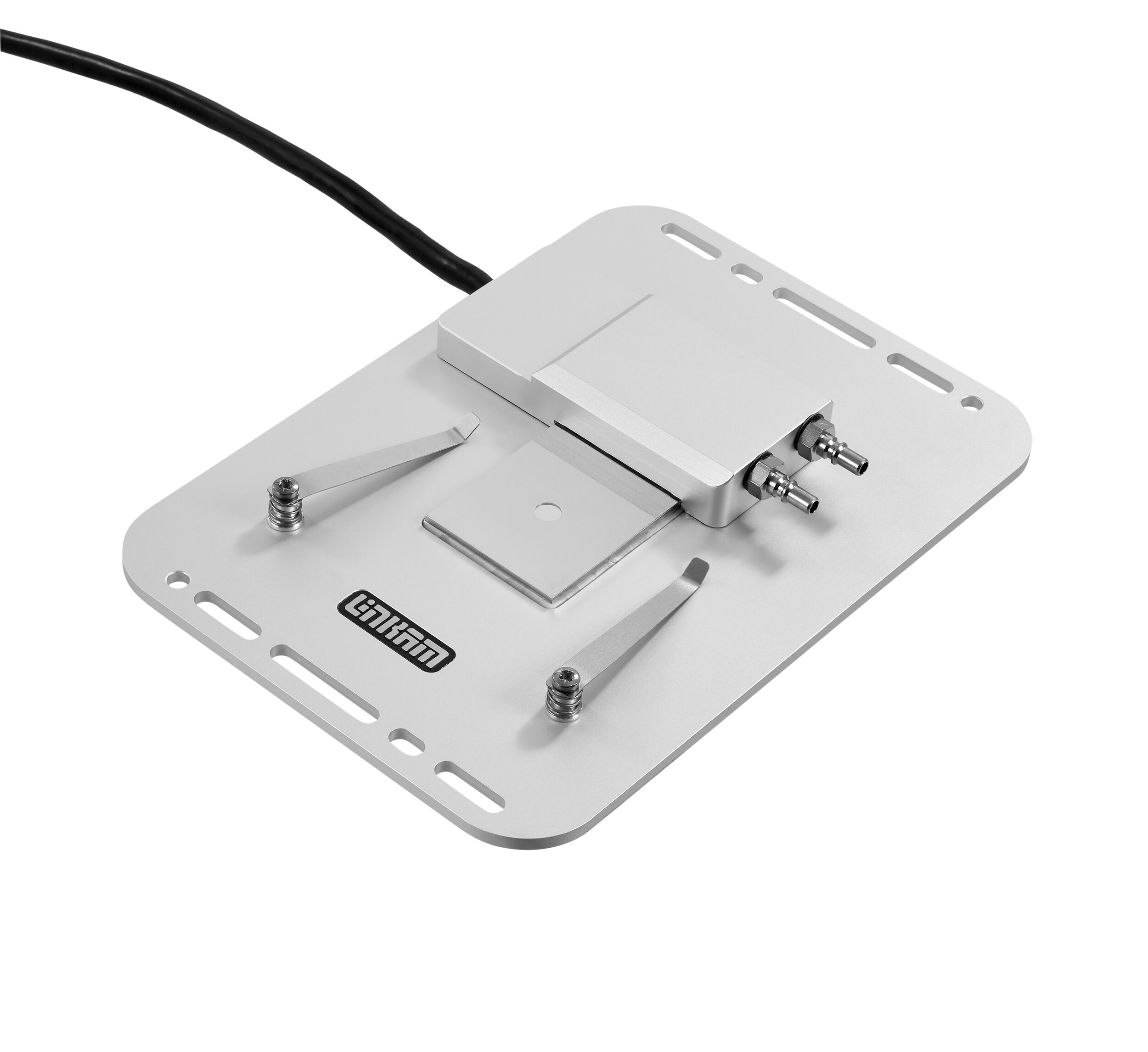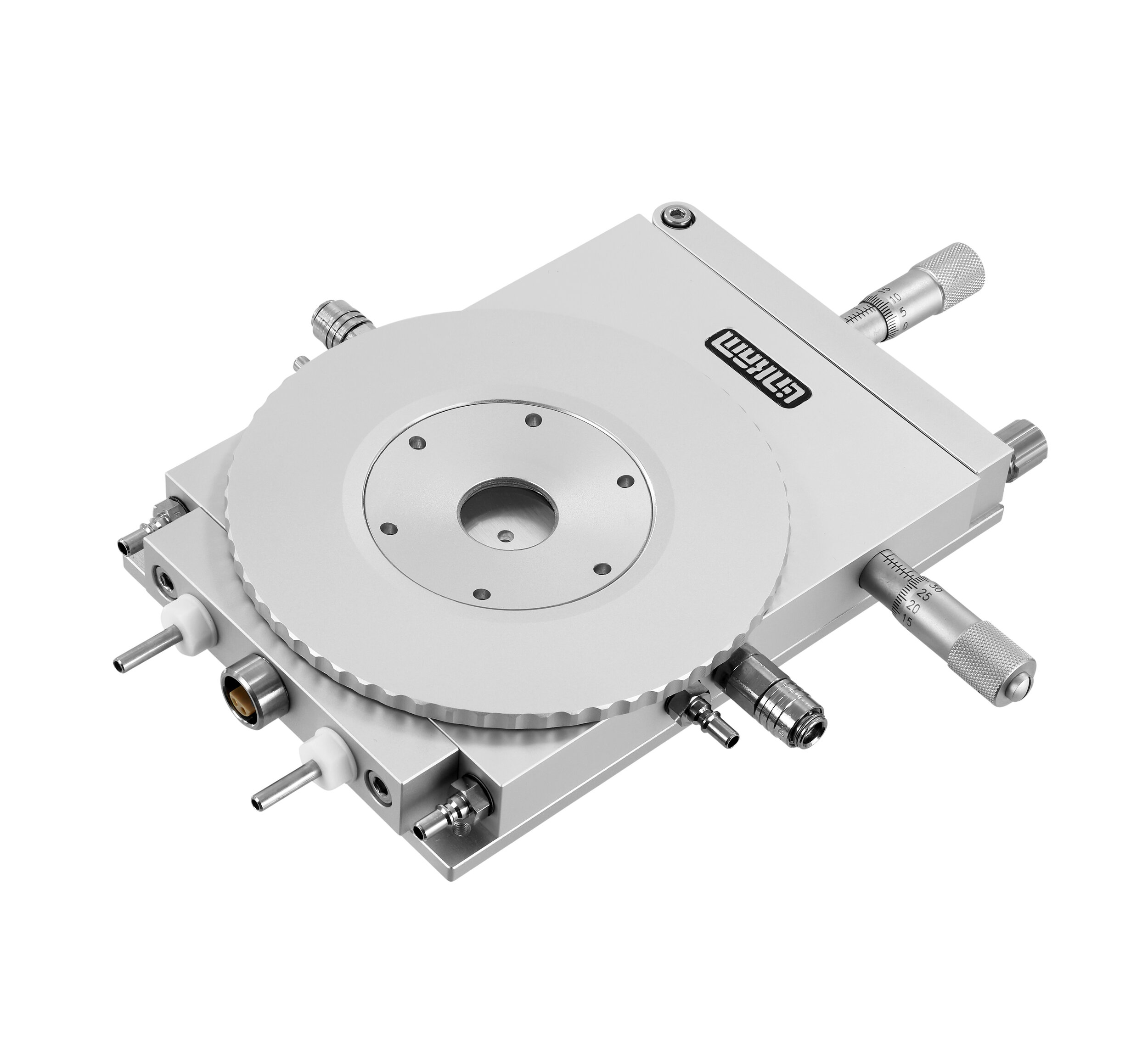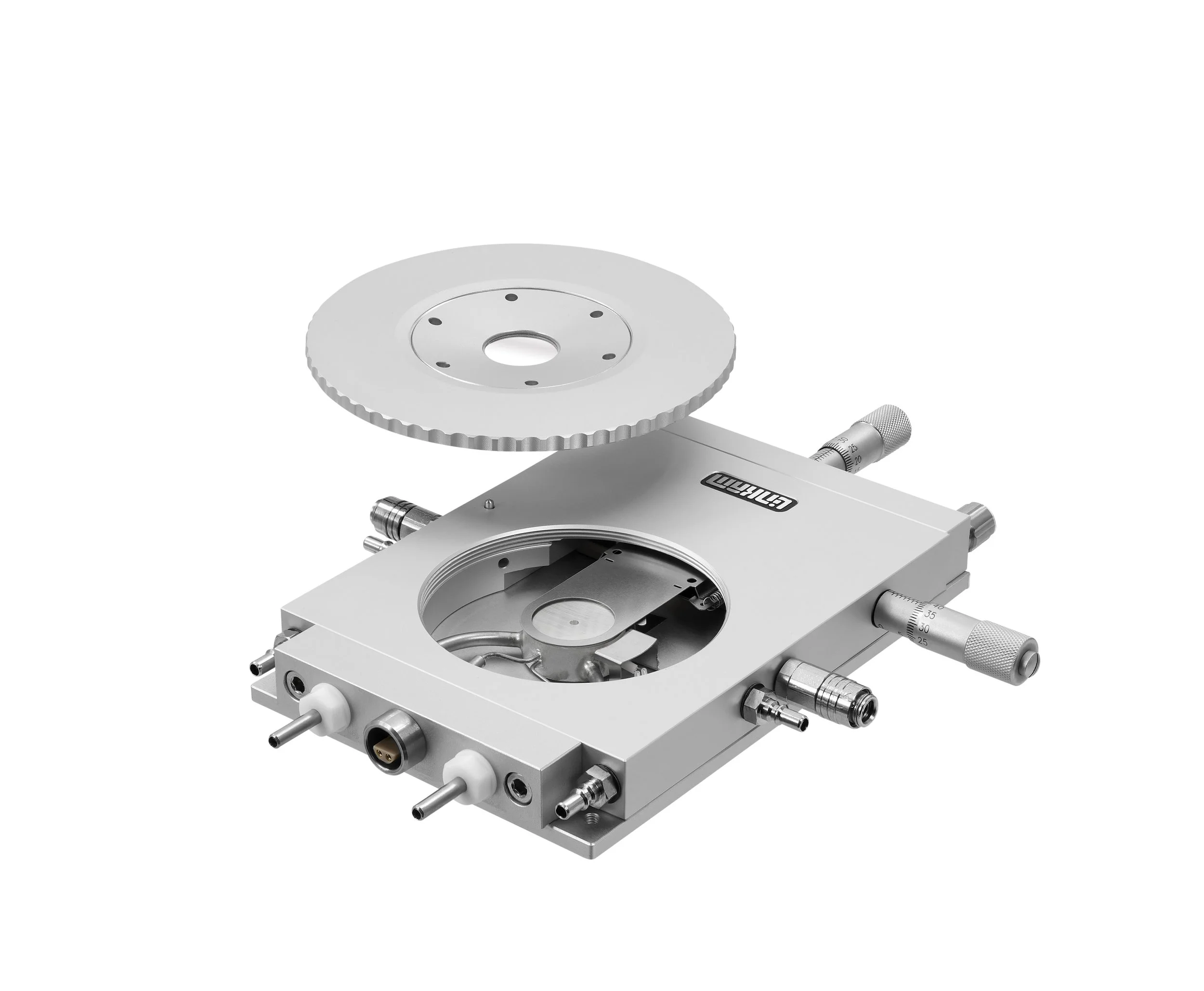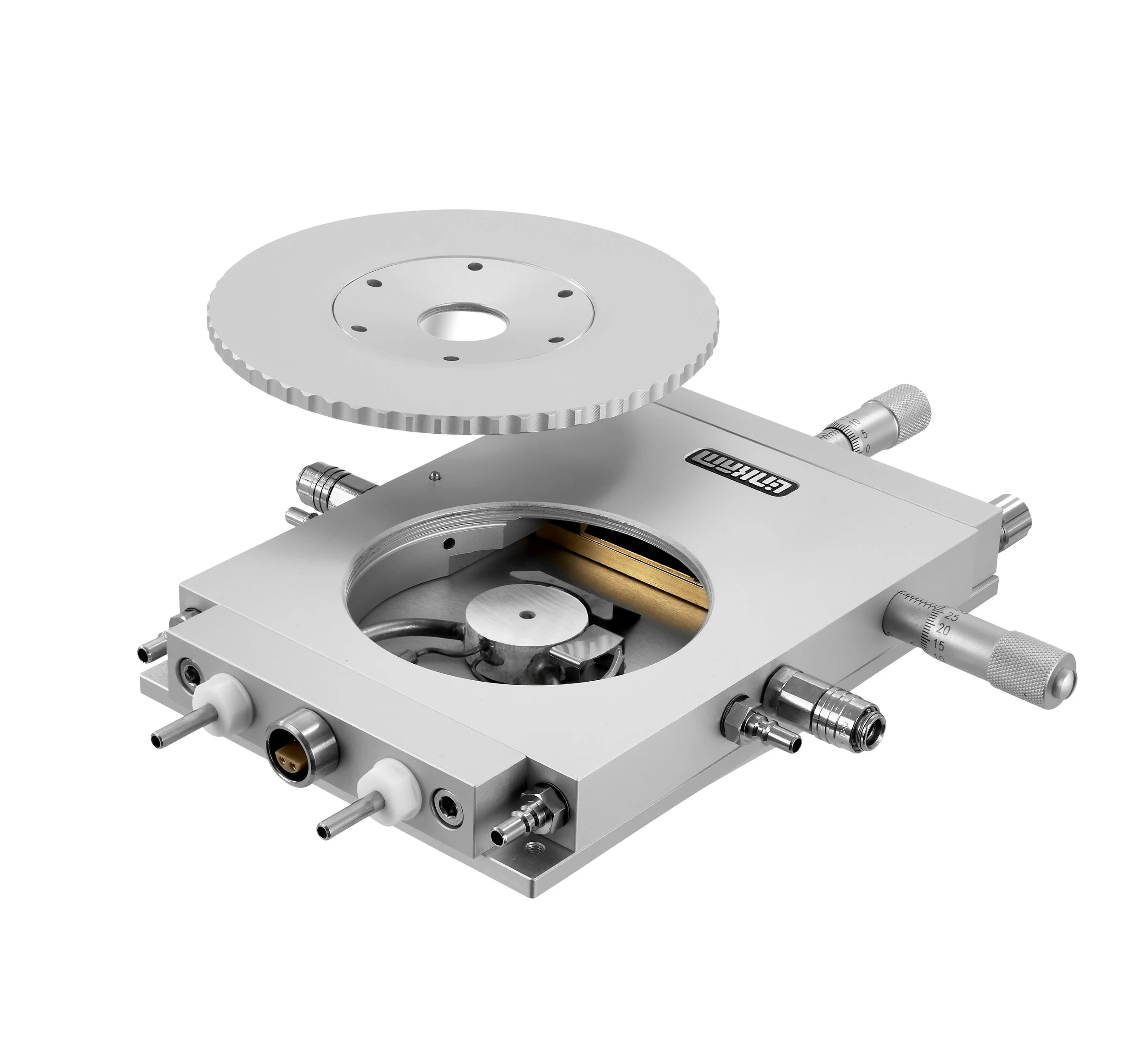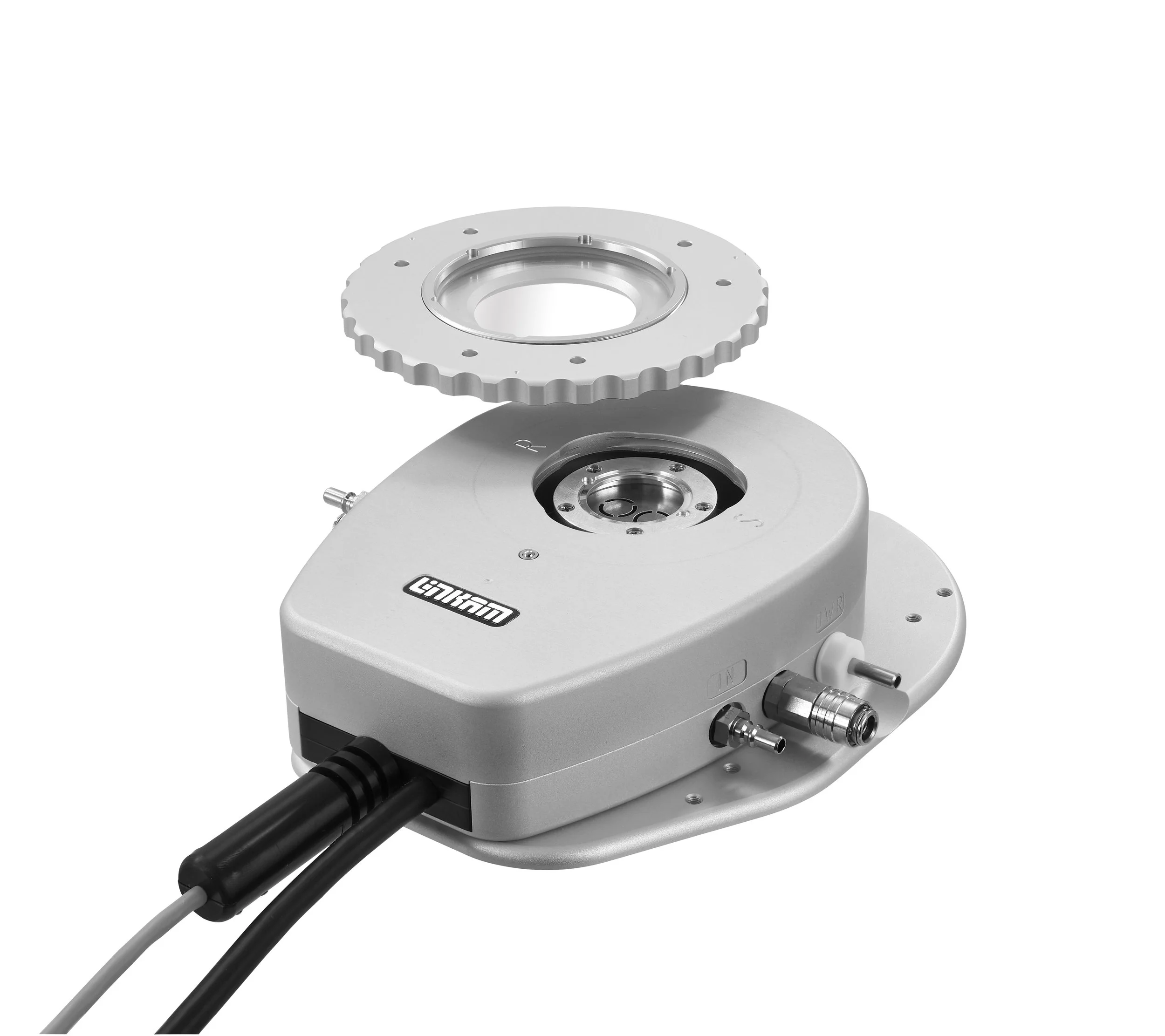Pharmaceutical Applications
Linkam has been developing sample characterisation solutions to help push the boundaries of science for over 40 years. Understanding the thermal properties of materials is essential in many areas of the pharmaceutical industry.
Linkam has worked closely with the pharmaceutical industry to develop solutions for some of the key problems from drug development and formulation to manufacturing, quality assurance, packaging and storage. The development of our optical DSC, humidity control and lyophilisation systems have enhanced the ability to control the temperature of your sample to enable more detailed characterisation of materials.
We have solutions for lyophilisation, thermoanalysis, dissolution studies, shelf-life testing and many more.
Linkam systems are compatible with light microscopy and spectroscopy techniques including Raman, FT-IR and X-ray.
Related Products
Published Papers
3D printed pharmaceutical products open the door to an exciting world of individually tailored drugs, unique for each patient. In this paper the drying process of single and multi-layered printed materials was monitored using the Linkam Imaging Station, monitoring changes in pore size as the 3D printed paracetamol was dried.
Researchers at the University of Liverpool, UK used a Linkam TST350 stage (now replaced by the LTS420) for this study.
Find out how hot stage microscopy (HSM) and Differential Scanning Calorimetry (DSC) can be used for pharmaceutical applications.
Choose Linkam’s THMS600, for hot stage microscopy, or our DSC450 for optical differential scanning microscopy.
Application Notes
Researchers at Aristotle University of Thessaloniki, NatPro-AUTH, CIRI-AUTH, in Greece used Linkam’s THMS600 to investigate how different combinations of amphiphilic polymers influence the formation, physical stability, and dissolution performance of ternary amorphous solid dispersions (ASDs) of griseofulvin (GRF), a poorly soluble drug with a strong tendency to recrystallise.
The FTIR600 stage is used to measure IR spectra at variable temperatures, and transformations between polymorphs followed in situ by heating and cooling the samples in the chamber.
Researchers from the University of Hertfordshire’s School of Life and Medical Sciences collaborated with Linkam to provide an in-depth analysis into how the optical DSC450 and TASC can be used to characterise drug-polymer-excipient systems for pharmaceutical applications. Read the full case study here.
See how TASC can be used as a rapid and inexpensive screening method during the preformulation stage of solid dispersion based pharmaceutical products.
Polymorphism in pharmaceutical solids has great implications on both the processing and the performance of solid pharmaceutical products. This app note details work from the School of Pharmacy at UCL using TASC with our DSC450 to characterise polymorphic transitions in the pharmaceutical active compound flufenamic acid .
Need More Information?
Complete the form below and one of our sales experts will be in touch shortly.


